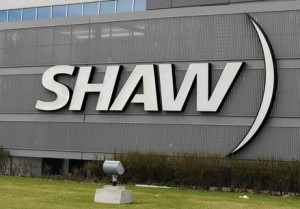 A new wave of industry consolidation has begun to pick off smaller independent cable operators who find profits squeezed by increased programming costs and dwindling subscriber numbers.
A new wave of industry consolidation has begun to pick off smaller independent cable operators who find profits squeezed by increased programming costs and dwindling subscriber numbers.
This month, the private equity firms that back Atlantic Broadband have put the company up for sale. ABRY Partners, which controls the cable venture as well as much larger RCN and Grande Communications, is ready to ditch the Atlantic venture and its 255,000 subscribers in Pennsylvania, New York, West Virginia, Florida, Maryland, Delaware, and South Carolina. Most of the cable systems controlled by Atlantic Broadband were considered “non-strategic assets” by former owner Charter Communications, which sold them to the Atlantic Broadband start-up in 2004.
Although profitable, Atlantic has been losing customers — 4 percent last year alone — and that worries investors. Acquiring television programming continues to grow more difficult for smaller operators who do not receive the volume discounts larger players do. As programming costs rise, pressure on profit margin results.
Atlantic Broadband was the 14th largest cable operator in the country. The sale could bring $1.4 billion to the equity firms, and industry analysts predict another equity firm will likely emerge as the buyer. Most of Atlantic’s systems are outside of the the areas where large cable operators create enormous regional clusters of operations. Time Warner Cable dominates in New York, Comcast in Pennsylvania, Maryland, and Delaware, and Suddenlink in West Virginia.
Atlantic Broadband is not the first smaller cable venture to find itself for sale.
- Time Warner Cable acquired Insight Communications last August;
- WideOpenWest announced plans to buy Knology for $750 million in April;
- WaveDivision Holdings LLC, which serves more than 325,000 residential and business customers in Washington, Oregon and California, also is exploring a sale.


 Subscribe
Subscribe



